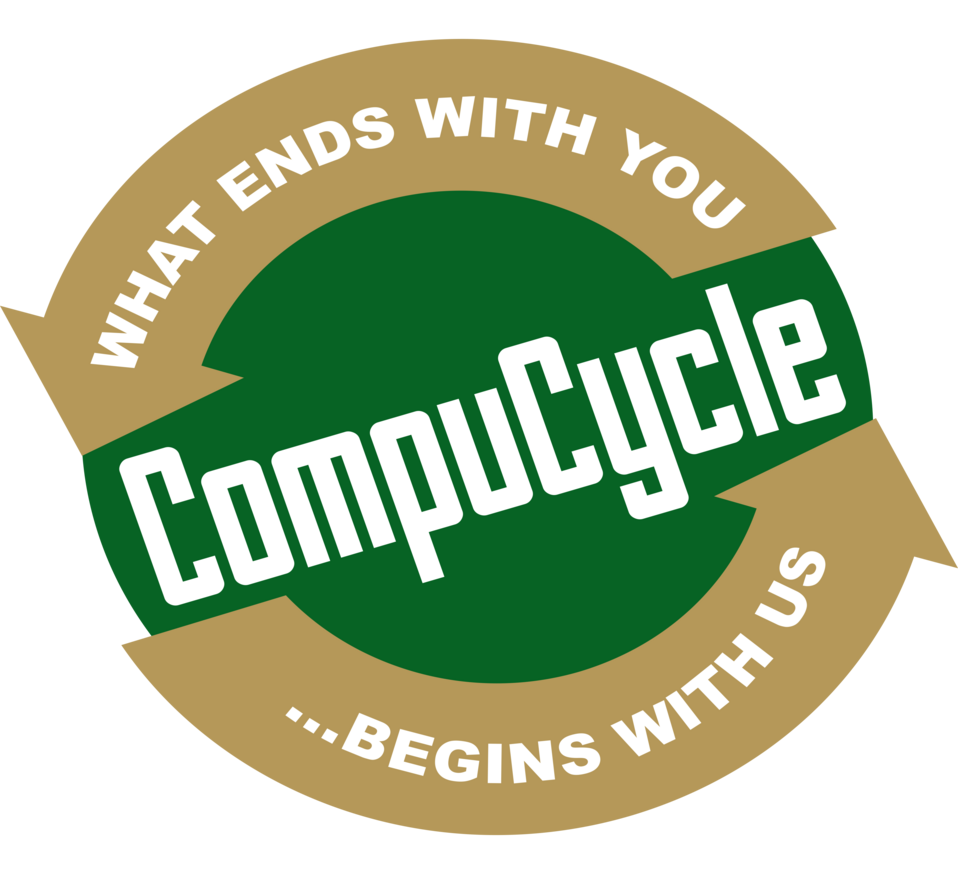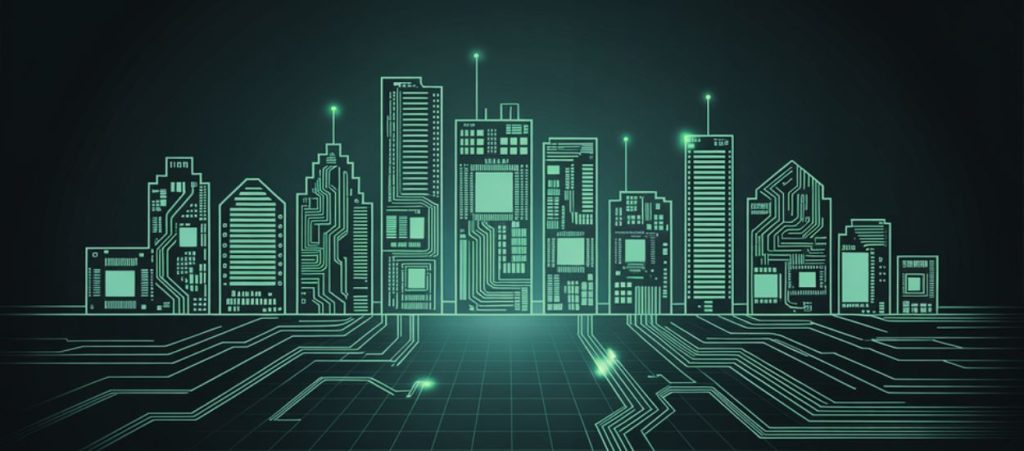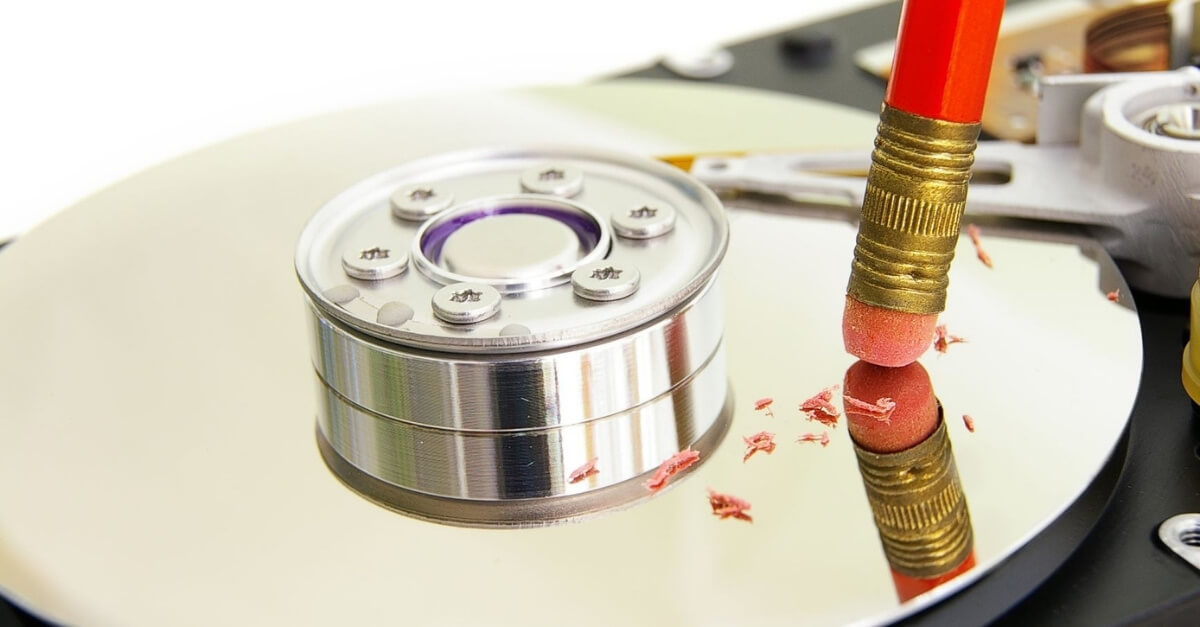
If you think that recycling doesn’t affect people’s everyday lives, you may want to continue reading. It is estimated that electronic waste is causing severe health effects for millions of people around the world, mostly in the developing nations of Africa, Europe, and Asia.
As of 2019, the world processes over 53.6 million metric tons of electronic waste a year, according to the Global E-Waste Statistics Partnership. That’s a 21% percent increase from where we stood back in 2014, and that number is only expected to rise as time goes on. The planned and rapid obsolescence of essential technologies like cell phones and computers almost guarantees this increase.
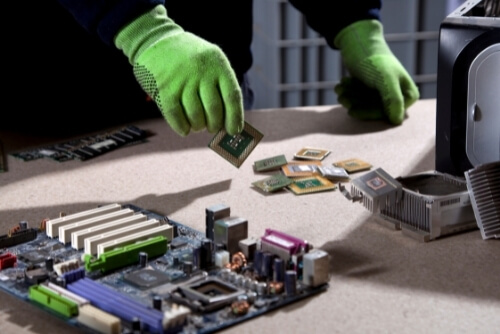
Of the mammoth 54 million metric tons we mentioned, only a modest 17.4 percent is processed by a waste handling facility or recycling plant. This saves us roughly 15 million tons of carbon dioxide equivalents in terms of emissions, but the other 70 million tons are still released into the environment. The electronic waste is either dumped in local landfills in developed countries or shipped as waste to other, less developed countries. Once there, it becomes the fuel behind a predatory black-market industry that exploits the least financially able proponents of developing economies, offering them a supposedly decent income for hard labor. Unaware of the risks, these people sign on to provide for their families and other dependents, not realizing the potential impact that e-waste could have on their lives.
As many as 13 million women are currently employed in the informal waste sector, where they’re exposed to many times over the recommended limit of toxic chemicals and substances relating to e-waste. Nearly 18 million children, some at kindergarten-age, in developing countries work in the informal industrial sector, which not only electronic products a great deal but also has the waste disposal subsector as a complementary industry. These children are often tasked with finding and gathering “profitable” waste like discarded cellphones and computer internals, which places them directly at risk of falling victim to the adverse effects of electronic waste.
So, while your next-door neighbors might not see that the TV that you just dumped in the trash is doing them physical harm, real people in other developing nations (and in our own backyards) are experiencing the detrimental effects of dumping electronic equipment can have. 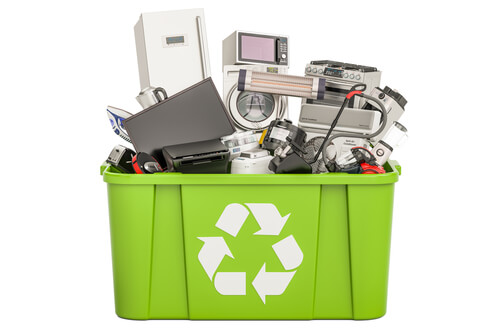
Many deaths around the world are linked to water and air pollution and other environmental factors. Aside from the direct impact that e-waste has on people, the effect of e-waste on the environment is equally jarring. Millions of tons are dumped in landfills and waste disposal sites, where toxic heavy metals like mercury, lithium, lead, and barium from this waste accumulate quickly. This creates a problem that is harder to fix retroactively than it is to fix proactively; once e-waste makes it into the soil, it can be ridiculously difficult to get rid of. Flame retardants and other toxic chemicals are released and quickly seep into the ground when e-waste is improperly disposed of (burned, dismantled, or otherwise destroyed), and this affects the chemical balance of the soil as well as the fragile ecosystem of ground animals and insects that live beneath the surface. The soil becomes less and less habitable and leads to the pollution of groundwater sources which leads to rivers and streams. This carries the toxins far from the original dumping grounds and affects the greater ecosystem of plants and wildlife, as well as communities that live around the aforementioned rivers. The long-term impact of e-waste leaves small rural settlements deserted, as the soil is rendered infertile by all the toxic deposits.
To stop the e-waste epidemic, we need to fix things at the source, which means fixing things at home. You can do your part to diminish the effects of electronic waste on society by using the e-Stewards Certified electronics recycler. If everyone used an e-Stewards Certified recycler such as CompuCycle, black-market vendors would have nothing to sell overseas, and landfills in the US and overseas would not be full of toxic materials harmful to public health. If you are interested in safely disposing of your electronic waste with us at our e-Stewards Certified waste recycling centers. Let CompuCycle protect your company’s brand identity and create a positive environmental impact to make a difference!!
Recent Articles
Secure Electronics Disposal in Houston: Why the City’s Largest Industries Trust CompuCycle
When a major healthcare system decommissions thousands of laptops, or an oil and gas company retires an entire data center, one question comes up again and again: What happens to all that data — and…
Read MoreCompuCycle Executives Join R2 TAC and e-Stewards Leadership Council to Advance ITAD Standards
Houston-based ITAD provider deepens its industry influence through active participation in standard-setting committees. As corporate ITAD needs evolve alongside stricter compliance and ESG requirements, CompuCycle continues to lead the way—this time by contributing directly to…
Read MoreI’m Just a Computer: A Journey Through ITAD Recycling
Meet Chip the Computer – he’s about to take you on an unforgettable journey through the world of IT Asset Disposition (ITAD). Buckle up for an adventure that’s both educational and entertaining! Chapter 1: “Hello,…
Read MoreIs There a Wrong Way to Recycle Electronics?
Most people agree that recycling electronics is the right thing to do. It prevents hazardous waste from entering landfills, supports sustainability goals, and allows for the recovery of valuable materials. But what many businesses don’t…
Read More